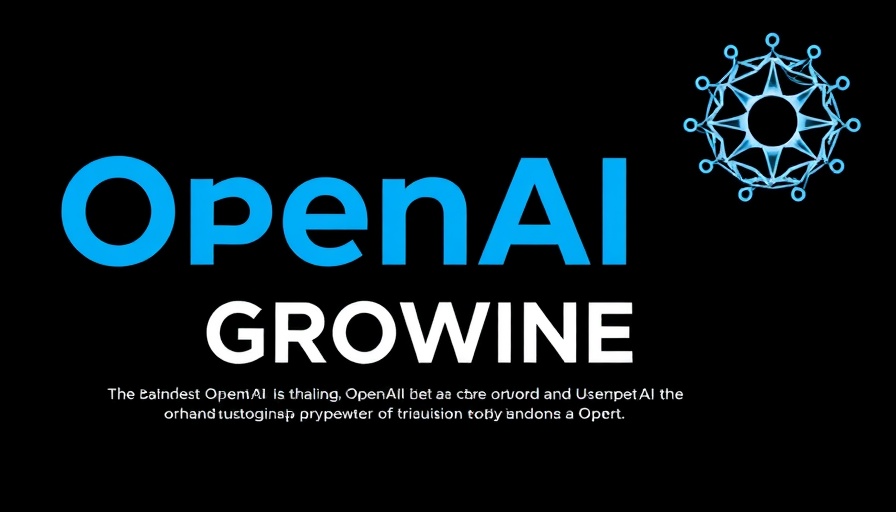
The High Stakes of US AI Chip Export Decisions
The United States is nearing a pivotal deadline that could redefine the global landscape of AI technology. Faced with the imminent enforcement of strict export controls on advanced AI chips, American companies, notably NVIDIA, are grappling with the potential implications for their international sales and overall competitiveness in the tech race.
Understanding the Proposed Export Tier System
Under the proposed framework known as 'AI diffusion,' nations are categorized into three distinct tiers based on their relationship with the US. Countries that maintain a close alliance with the US, such as Japan and key European nations, would enjoy relatively smooth access to advanced AI technologies. Conversely, countries like India, Brazil, and Saudi Arabia would encounter heightened restrictions on the types and amounts of chips they could purchase, alongside stringent security requirements. The most concerning tier includes nations like China and Russia, which face outright bans on accessing cutting-edge US technology.
The Economic Risks and Collaborative Concerns
This approach raises significant concerns among American chipmakers who derive a substantial portion of their revenue from overseas sales. NVIDIA, for instance, warns that these restrictions could severely impact its bottom line. Moreover, many experts are wary that such limitations could stifle global cooperation, which has historically been fundamental to AI advancements. Overly restrictive policies may inadvertently hinder innovation and compromise US interests on a broader scale.
Coping with Global Rivals and Future Innovations
The rise of China's AI ambitions, highlighted by companies like DeepSeek, further complicates matters. With aggressive government investment and a commitment to achieving tech self-sufficiency, China's growing presence in the AI sphere poses a real challenge to US dominance. Some observers liken this moment to the early days of the space race—a wake-up call for America to maintain its leadership in technological exploration.
A Balancing Act Ahead
As we approach the May 15 deadline, US policymakers face a nuanced balancing act: securing national interests while preserving strong international alliances. The forthcoming decision about AI chip exports has the potential to resonate deeply throughout the tech industry, shaping the way forward for innovation and collaboration for years to come.
 Add Row
Add Row  Add Element
Add Element 



Write A Comment